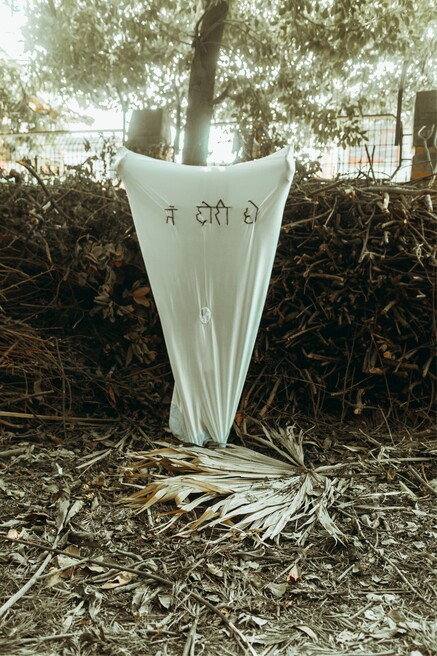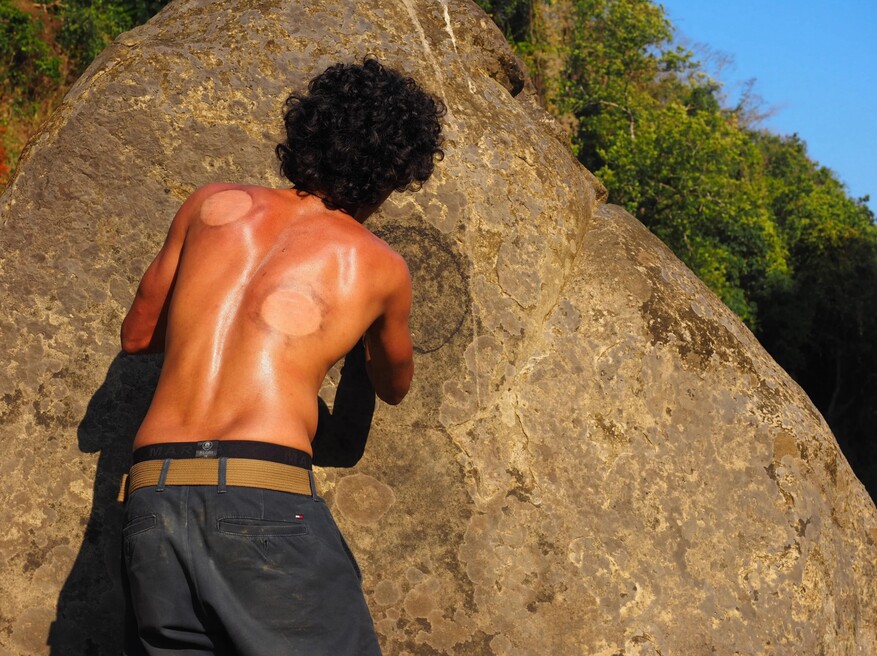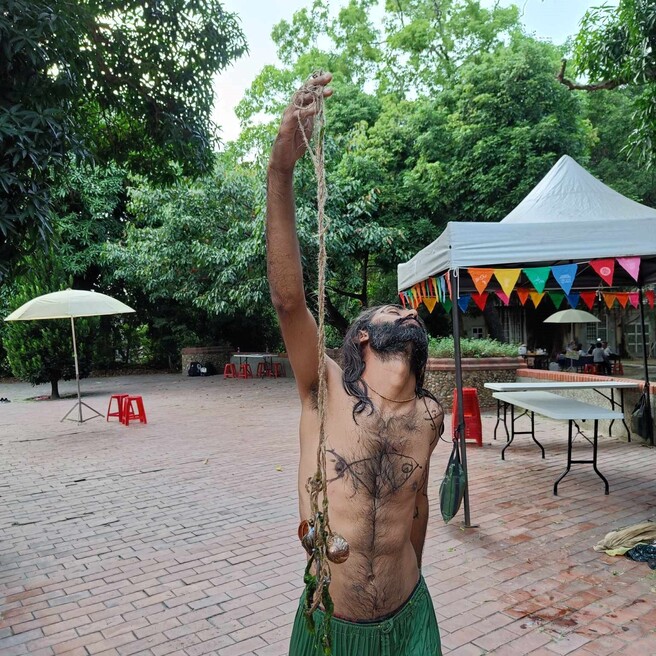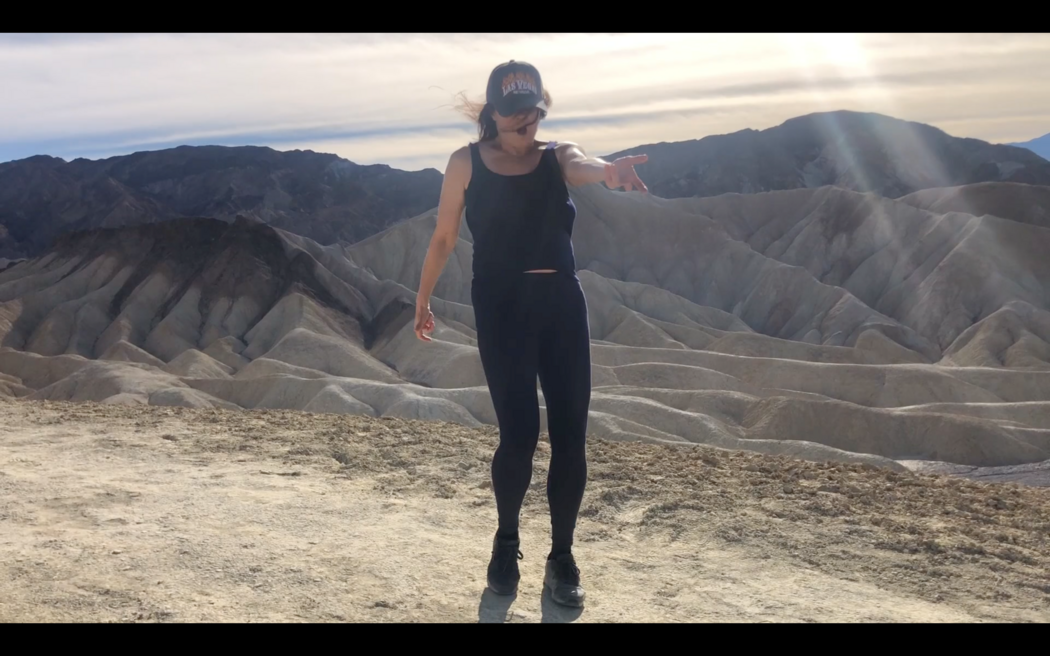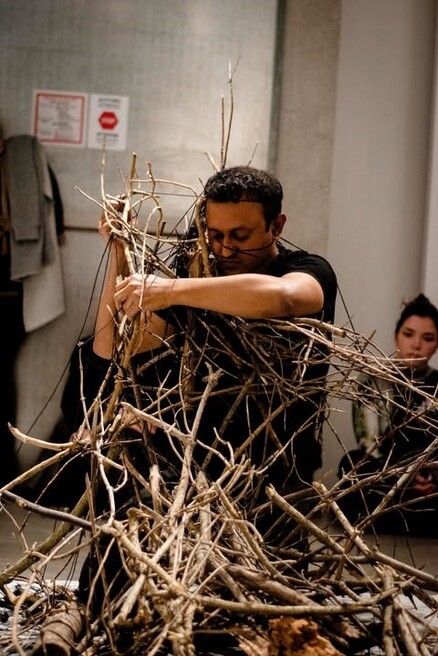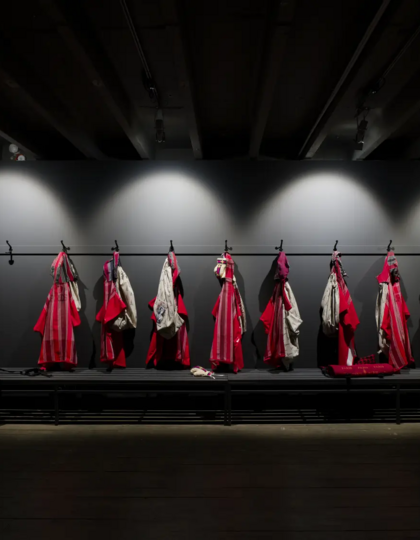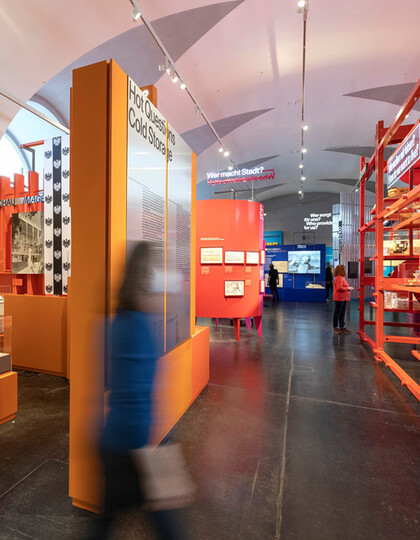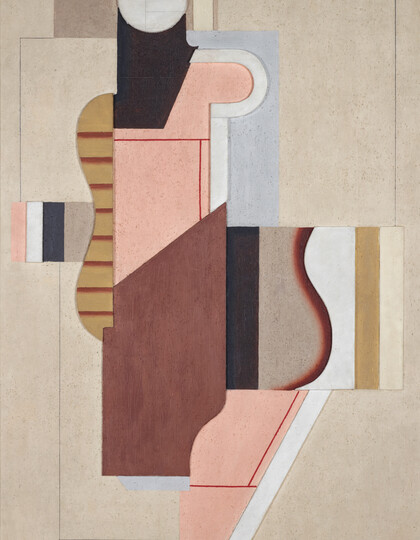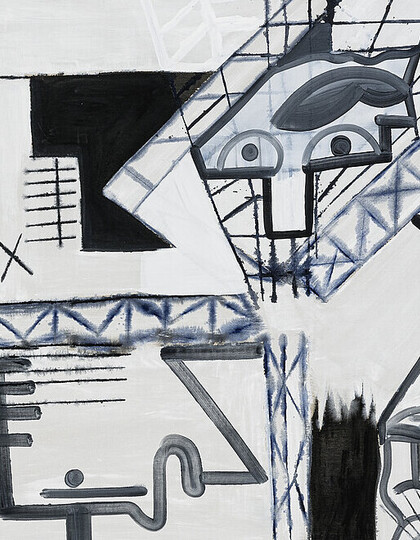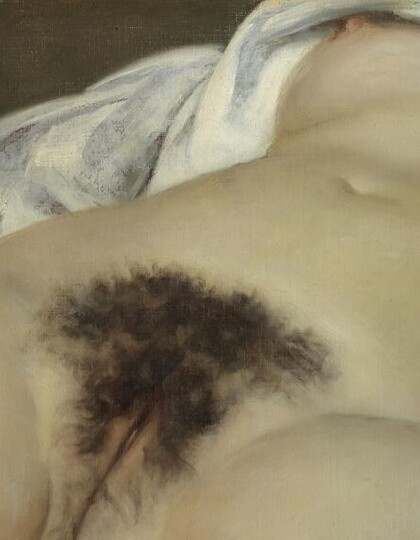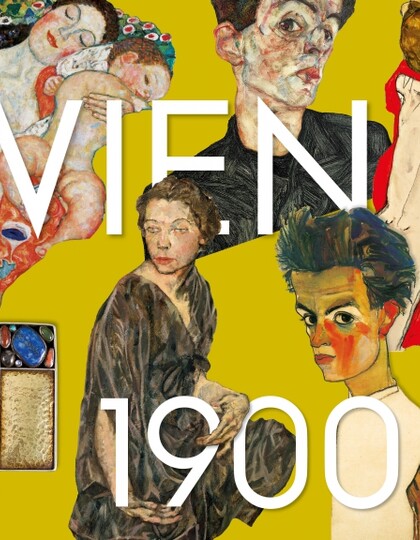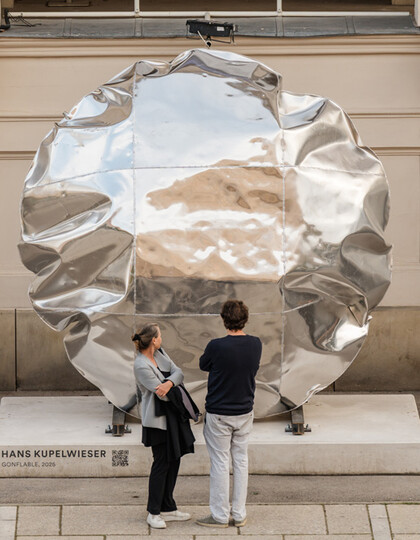15.07.2025 to 15.07.2025 - MQ Main Courtyard, MQ Sommerbühne
Everyone is not everything - Facing Counter Realities
FREE ENTRY, DANCE/PERFORMANCE/MUSIC, LEISURE & OUTDOOR
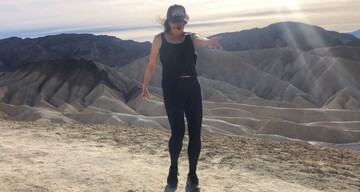
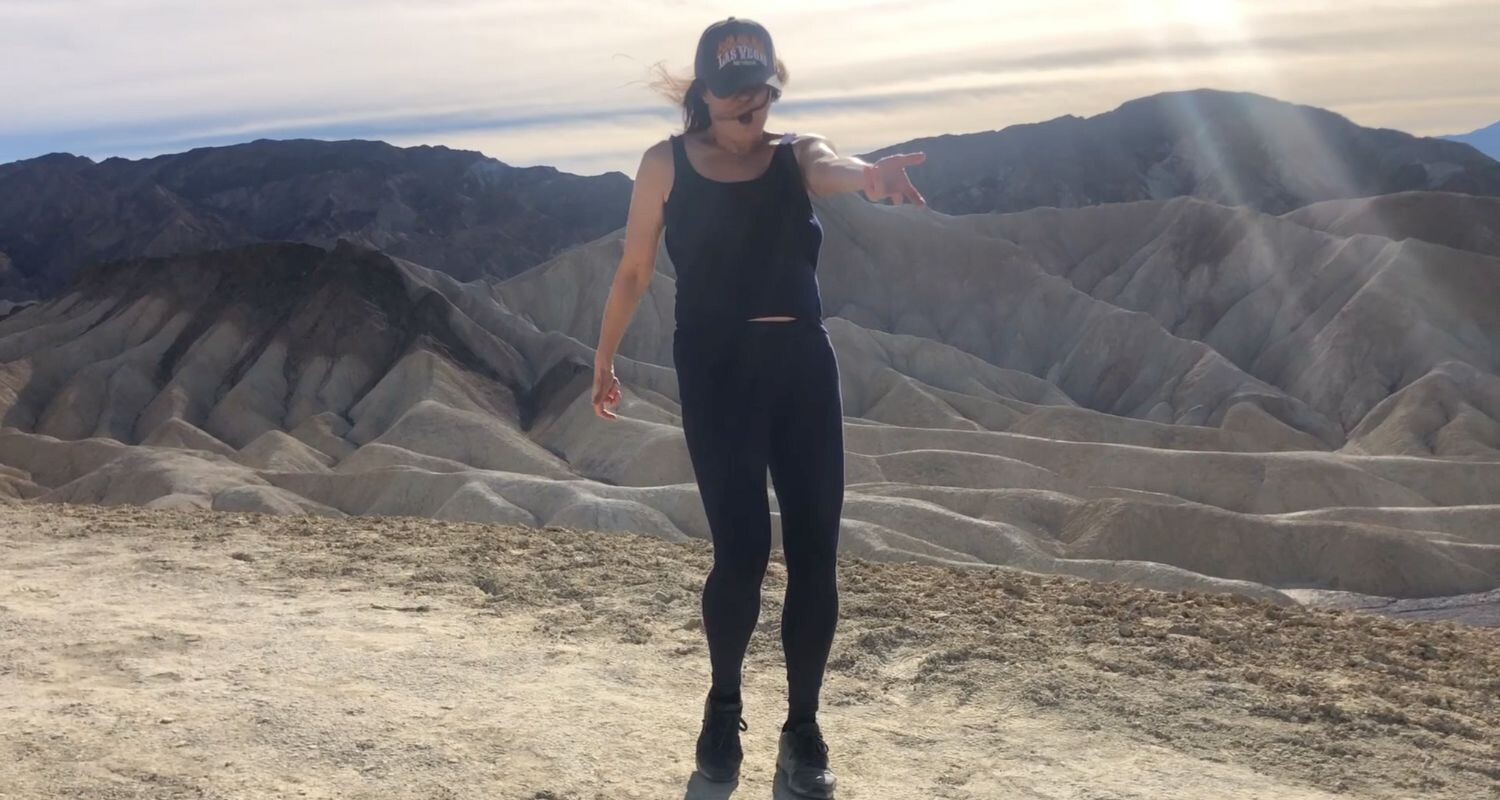
Everyone is not everything - Facing Counter Realities
Tue 15.07., 19h l MQ Summer Stage, Main Courtyard
Free entry
Curated by Ursula Maria Probst in cooperation with Body Embedding (ACAR), FLUCC among others with Pramila Lama, Emran Sohel, Sanjid Mahmud, Raashish India & Transcultural Emancipation
What possibilities of articulation do we have in a world that seems to be falling apart?
The collaborative entanglement of human and non-human agency – of culture and nature – was already formulated by Bruno Latour in 1991 in his essay “We Have Never Been Modern” and further developed in his writings on Actor-Network Theory.
The realms of artistic competence are constantly expanding, with artists and cultural practitioners continuously exploring new terrain. But how does art enter into dialogue with people who are constantly confronted with new challenges? Which frequencies are able to expand our field of action?
All artistic positions and performances involved in this project share a concern with ecological issues, climate care, and the responsible use of resources.
What emerges is an interweaving of artistic practices at the intersections of art and science – a cooperative investigation of symbioses between botany, cultural anthropology, politics, and the visual arts.
Our heart usually beats so quietly and regularly that we don’t even consciously perceive it. It only becomes noticeable when its frequency increases, its intensity changes, or it falls out of rhythm. In most cases, these changes can be traced back to a cause – for example, an elevated pulse during physical exertion or heart palpitations during emotional agitation. What we know about the human heart is that it is a muscle, yes, that it is central – and yes, it is vulnerable. Today, we are increasingly aware of the profound disruption of the cycles that regulate our bodies, affected by climatic and socio-economic changes. We are flooded daily with news of geopolitical, inhuman, and deadly scenes of violence. You feel the wild pounding of your heart, the pulsing of your blood, the acceleration of your breath...
PERFORMANCES
Pramila Lama, “Let’s have deal with it”
DAAGI COLLECTIVE: Emran Sohel, “Resonance-3” & Sanjid Mahmud, “Primal Echoes”
Raashish India & Transcultural Emancipation, “ENCOUNTER PEACE”, 2025, sound symphony, video-live performance
In her performance “Let’s have deal with it”, Pramila Lama applies specific methods using materials such as paint, stepping boards, hammer, nails, textiles, and a table, constructing a tactile scenario for us to immerse in. Emotions and memories, reflections on restoring balance between humans, animals, and botanical worlds are intertwined – as well as a clear protest against injustices and brutalities in our current world.
Pramila Lama is a visual artist from Nepal currently based in Vienna. As an interdisciplinary artist, her work focuses on gender inequality, memory, identity, human relationships, and the sharing of stories. Her aim is to portray prevailing beliefs and blind practices regarding women that continue to exist as social norms. Furthermore, issues of migration, geopolitics, and humanitarian identity play a significant role in her recent works such as “Let’s have deal with it”, reflecting global concerns.
In his performance “Resonance-3”, Emran Sohel explores the intimate connection between social context and the emotional/physical body, addressing the quest for psychological balance in contemporary life through movement, physical gestures, and rhythm. Conscious and unconscious emotional states are visually conveyed through deliberate construction processes. His own body plays a central role through the performativity of the sequence. At the same time, the question is raised: how much influence do we really have over our reality?
Emran Sohel is a Vienna-based interdisciplinary artist from Bangladesh whose work arises from his interpretations of local and global contexts around modernity, postmodernity, and other contemporary conditions that resist categorization. His focus lies in examining how time, space, forms, materials, and political, cultural, and social behavior affect human emotion. He moves between natural and human-made environments and between personal and societal timelines, engaging with the hidden lives of plants and objects. Emran places special emphasis on performance and public space art, believing performance art has become a neo-platform for critical social and cultural practice in the public realm. He has explored various forms including painting, assemblage, sculptural installations, performance, and interactive projects. He is a founding member of the DAAGI collective in Bangladesh and co-initiator of the project “Shoni Mongol Adda,” which focuses on community-based exchange and dialogue. He also co-founded the art café ReeLi (ঋঌ), which engages in performative artistic actions.
The performance “Primal Echoes” is a physical and psychological exploration of the space between human and animal existence. Sanjid Mahmud imitates the behavior of various animals, embodying a state oscillating between control and primal instincts. The piece examines the tension between societal constraints, primal drives, and the longing for freedom.
Sanjid Mahmud is a visual artist born in Bangladesh and currently living in Vienna. His work addresses sociopolitical themes, human nature, and daily activity in public spaces. He is also a performance artist exploring breath, inhalation, and sensations of suffocation and claustrophobia. Mahmud states: “The performance titled ‘Claustrophobia’ is about the aversion to the notion of free thought, open dialogue, and the freedom of the human soul. It expresses the desire to fill one’s lungs with a deep breath – and the inability to do so.”
The sound symphony, video and live performance "ENCOUNTER PEACE" by Raashish India & Transcultural Emancipation was created with the participation of international performers, curators, filmmakers, dancers, young people and chance encounters with people. They wrote peace in their mother tongue on a piece of paper, made audio and video recordings of it and broadcast PEACE Sounds.
Sound has a profound effect on our body, mind, and emotions.
Since the discovery of sound, music, and singing, we have continually pushed the boundaries of how the healing power of sound and frequencies can be harnessed. Specific sound frequencies influence human brainwaves and promote the healing of body and mind. Together, we create a Peace Symphony – good vibrations.
With contributions from international artists and musicians such as Subham Bahraam, Umesh Nayak, Sriparna Dutta, YuJun Ye, Nicolas Aca, Imran Mushter Nafees, Sadly Sujit Madly Mandal, and Maitane Midby
Raashish India, also known as Ashish Ratore, is a multidisciplinary artist from Rajasthan, India. As a teenager, he was diagnosed with schizophrenia and obsessive-compulsive disorder. He uses art as a remedy and strongly believes in the healing power of art. His research focuses on performance art, connection to nature, political and social communication, and distance. He has participated in art festivals and residencies and organized workshops in schools and universities both in India and abroad.
Transcultural Emancipation emerged in 2013 from cooperative projects with KulturKontakt Austria and is now dedicated to transcultural work through artistic projects and association activities. Performers from Southeast Asia are involved in the projects.
SAG MIR WO SIE ALLE SIND
(EIN LIED FÜR FRIEDEN IN ZEITEN VON KRIEG)
A VIDEO BY INA WUDTKE & DIETER LESAGE, A DEUXIÈME BUREAU PRODUCTION (2025)
On 6 October 1962, Marlene Dietrich sings the song ‘Tell me where the flowers are’ as guest of honour at the UNICEF gala concert ‘Music of the World’ in the Düsseldorf Congress Hall. She had asked her (Jewish) friend Max Colpet, an ex-German who also lives in the USA, to translate the lyrics of the American song against the Vietnam War ‘Where have all the flowers gone’ by Pete Seeger into German. But what would Marlene have sung after 7 October 2023? Is it even possible to sing about these events and those that followed?
IMAGE AND SOUND MONTAGE: EVAN FRANCO (2025) | MUSIC: PETE SEEGER (1955) | LYRICS: INA WUDTKE & DIETER LESAGE (2025) | PERFORMANCE: MARLENE DIETRICH (1962) | VOCALS: INA WUDTKE (2025)
_____
Ursula Maria Probst is a cultural worker, performer, and artistic director for contemporary art at FLUCC. Center for Arts and Communities. She is a curator, art critic, lecturer, art historian, and urban researcher focusing on gender, biodiversity, the healing power of art, and community-based projects.
Since 2018 she has led the AIR and research project BODY EMBEDDING with Hongwei Duan, featuring performances in Myanmar, Indonesia, Bangladesh, Mexico, Thailand, Vietnam, Nepal, China, Sri Lanka, Malaysia, and India. Since 2017 she has run Transcultural Emancipation, with performances and projects in Brazil, Panama, Cuba, Chile, Argentina, Guatemala, Peru, Colombia, Ukraine, Bulgaria, Germany, the USA, and China.
Art critic (Kunstforum International, Spike, dérive), curator (KulturKontakt Austria, BKA, Vienna Art Week, Kulturdrogerie, Galerie Krinzinger, K/haus, Kunstraum NÖ, public art Lower Austria, KÖR).
In 2024: participation in ASIATOPIA, Bangkok; CRACK Art Camp, Bangladesh; Baguashan Power Art Festival X, Taiwan; Behavioral Art Festival, India; BODY EMBEDDING Beijing; Don't talk about us without us, MQ, Summerstage, Vienna; Get Care Now, KÖR, New York; Care on Earth. Who is the fog, who joins in, who takes care of it? and Ecologies of Work, Flucc, Vienna.
2023/24: SUPER NATUR, public art project Lower Austria; In Search of the Urban Alter Ego, KÖR.
The Future Begins Today, Festival of the Regions; participation in performance festival ASIATOPIA.
2013–2019: Transcultural Emancipation with Artists in Residence by KulturKontakt Austria/BKA.
2018: Artist in Residence Project Q21, frei_raum MQ Vienna.
With contributions by Aye Ko, Janani Cooray, Yvon Ngassam, Qing Cai, Nanzi Meechumna, Miray Shinan, Aldo Giannoti, Pramila Lama, Inder Salim, Gao Ya, Voin Voinov, Tahmina Hafiz Lisa, Pulak K. Sarkar, Daisuke Takeya, Isabel Lewis, Sima Alkok, Mariam Al Zamili, Mariana Vazquez, Karine La Bel, Ahmed, Heerf, Maiko Takahashi, Monica, Shuen, Jeremy, Niklas, Mobina, Attila Zarin, Simon Couvreur, Kristaps Kleinbergs, Ekaterina Shapiro-Obermair, Ali, Mohammad, Joseph Manuel, Marie M’Alaya, Oksana, Teme, Alicja Rogalska, Subham Bahraam, Farah Naz Moon, Kisito Assangni, Chakkrit Chimnok, Mongkol Plienbangchang, YuJun Ye, Tariq Bahir, Elvedin Klacar
